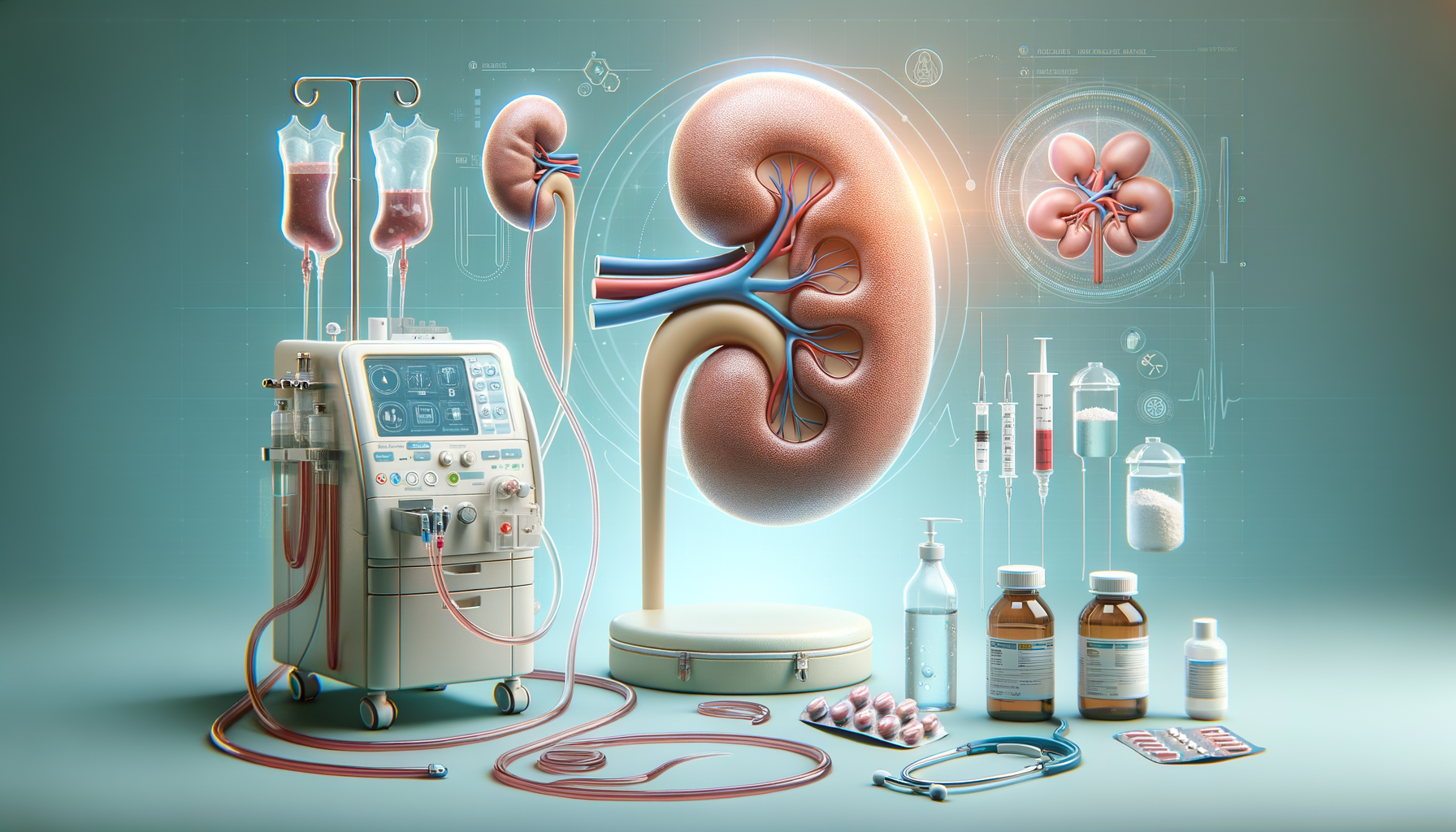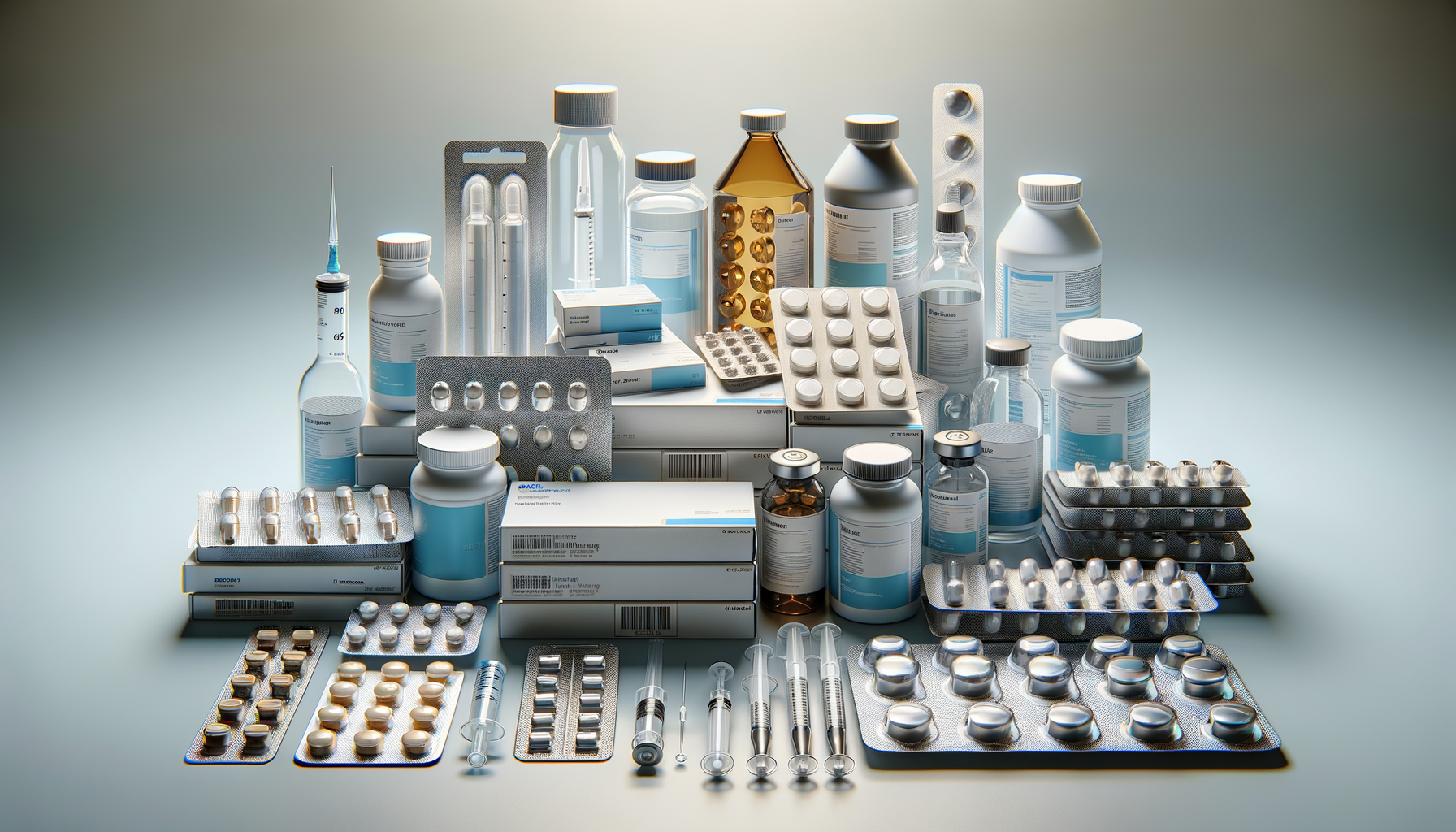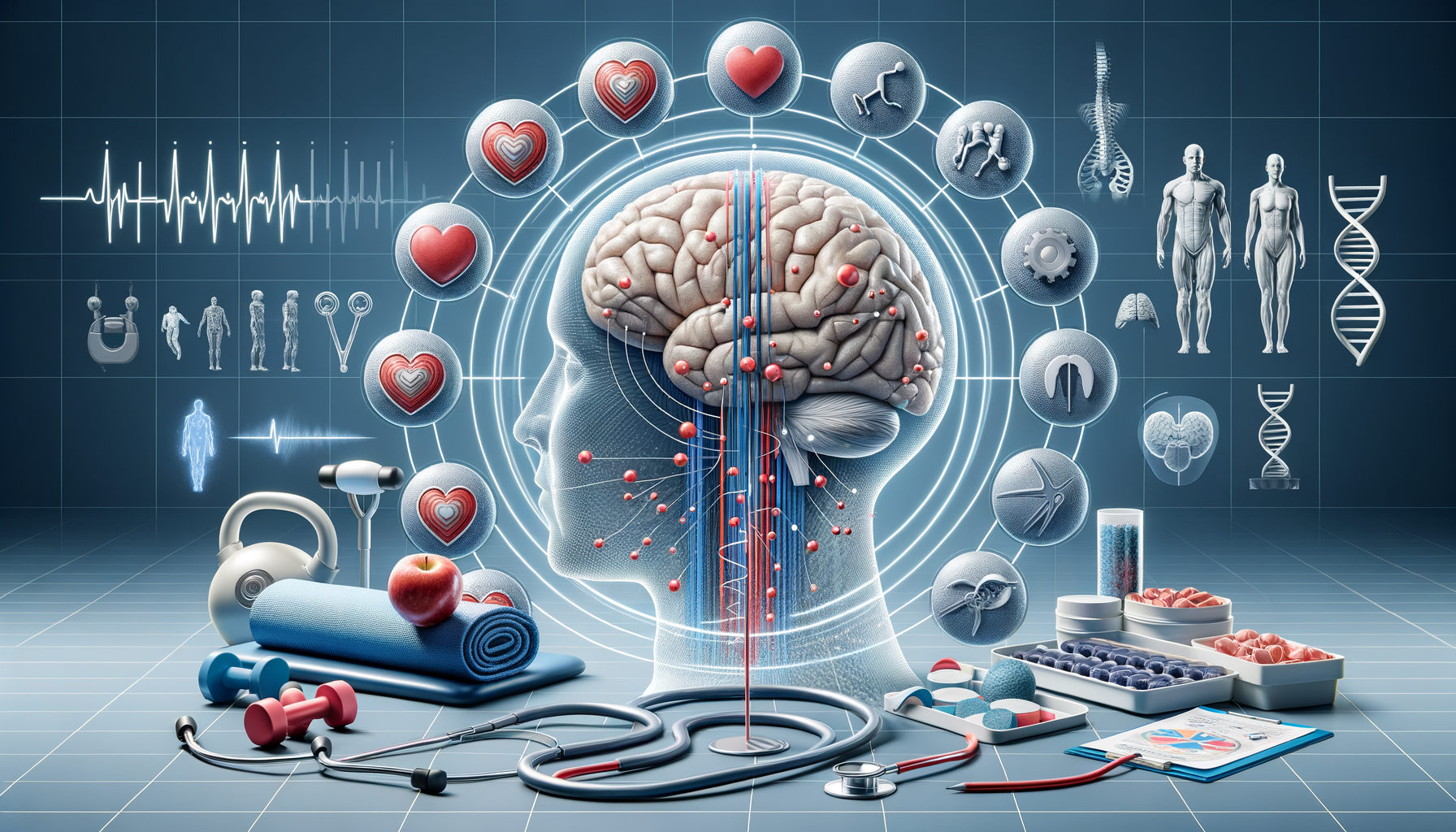Understanding Kidney Disease
Kidney disease is a significant health concern that affects millions of people worldwide. The kidneys play a vital role in filtering waste and excess fluids from the blood, and when they are not functioning correctly, it can lead to severe health issues. Chronic kidney disease (CKD) is the most common form, characterized by a gradual loss of kidney function over time. It’s crucial to understand the early symptoms, which may include fatigue, swelling in the ankles or feet, and changes in urination patterns. Detecting kidney disease early can significantly impact the effectiveness of treatment options and improve patient outcomes.
Conventional Treatment Approaches
When it comes to treating kidney disease, conventional approaches often include medication, dietary changes, and lifestyle modifications. Medications such as angiotensin-converting enzyme (ACE) inhibitors or angiotensin II receptor blockers (ARBs) are commonly prescribed to control blood pressure and reduce protein in the urine, which can slow the progression of kidney damage. Additionally, managing diabetes and high blood pressure effectively can prevent further deterioration of kidney function.
Dietary changes play a crucial role in managing kidney disease. Patients are often advised to reduce sodium intake, limit protein consumption, and monitor potassium and phosphorus levels. These dietary adjustments help to reduce the workload on the kidneys and maintain a balanced internal environment.
Innovative Therapies and Research
Recent advancements in medical research have introduced innovative therapies for kidney disease. Stem cell therapy and regenerative medicine are emerging fields that hold promise for repairing damaged kidney tissues. Although still in the experimental stages, these therapies aim to restore kidney function and improve quality of life for patients with advanced kidney disease.
Another area of research focuses on the development of artificial kidneys. These devices are designed to mimic the filtration function of healthy kidneys and could provide a long-term solution for patients with end-stage renal disease (ESRD). While artificial kidneys are not yet widely available, ongoing clinical trials continue to explore their potential benefits.
Dialysis and Kidney Transplantation
For patients with advanced kidney disease, dialysis and kidney transplantation are two primary treatment options. Dialysis is a life-saving procedure that performs the function of the kidneys by removing waste and excess fluid from the blood. There are two main types of dialysis: hemodialysis, which involves an external machine, and peritoneal dialysis, which uses the lining of the abdomen to filter blood internally.
Kidney transplantation offers a more permanent solution for eligible patients. This procedure involves replacing a damaged kidney with a healthy one from a donor. Successful transplantation can significantly improve a patient’s quality of life, but it requires lifelong immunosuppressive medication to prevent organ rejection.
Complementary and Alternative Treatments
In addition to conventional treatments, some patients explore complementary and alternative therapies to manage kidney disease symptoms. These may include herbal remedies, acupuncture, and yoga. While these treatments can offer relief and enhance well-being, it’s essential for patients to consult with healthcare professionals before incorporating them into their care plan. Certain herbal supplements may interact with prescribed medications or affect kidney function.
Overall, the treatment of kidney disease is multifaceted and requires a personalized approach. By combining conventional methods with innovative therapies and, when appropriate, complementary treatments, patients can effectively manage their condition and maintain a better quality of life.




Leave a Reply